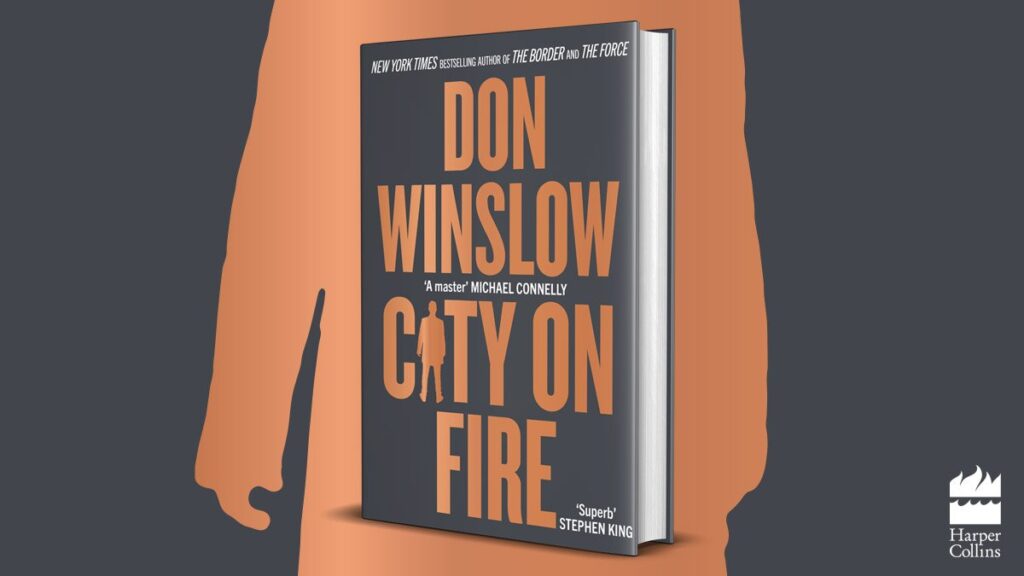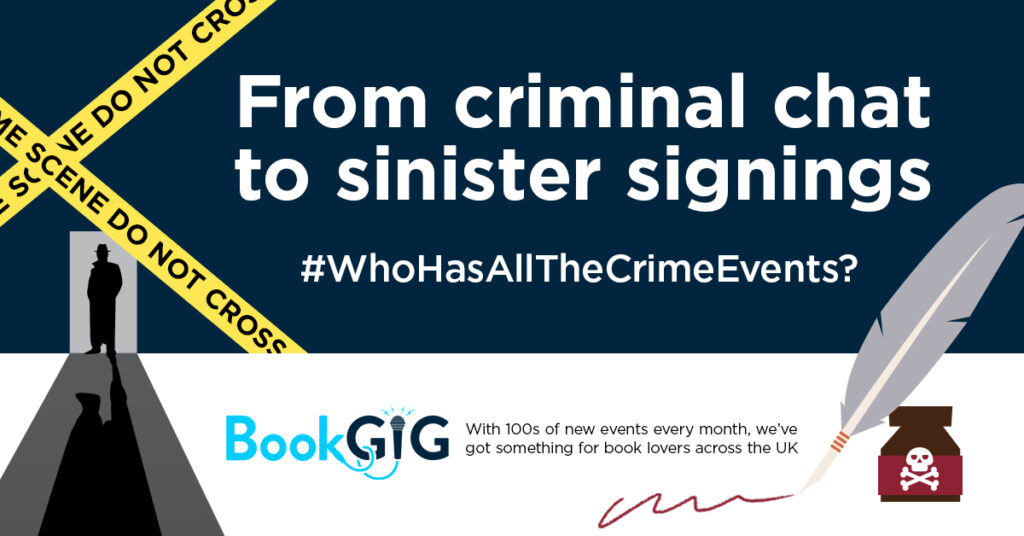The publication of Bruce Holsinger’s stunning debut novel is now just two days away, and the Killer Reads team are getting extremely excited! Bruce has very kindly taken the time to answer a few of our BURNING questions (sorry, awful pun), for this exclusive Q&A.
Read on to hear about slang of the fourteenth century, five fascinating facts about medieval life and find out what’s in store next for John Gower…
As a scholar of medieval literature, it seems natural that your debut novel is set in the 14th Century. But was this really a no-brainer for you, or did you consider writing a thriller set in the present day?
Actually the first novel I completed (the first “drawer novel”) was a very bad contemporary techno-thriller, though with a medieval background. (A sample sentence: “The mashed potatoes were as white and fluffy as clouds.”) Writing a historical thriller allowed me to draw on my knowledge and love of the medieval world to tell what I hope is an unusual story that could only have taken place in this era. A Burnable Book depends on manuscript culture rather than print culture, on slow travel, on aristocratic politics and London literary culture at a particular moment. But I love reading thrillers and crime novels set in the present day—among my favorite writers are Tana French, Lee Child, Iain Rankin, and the list goes on. I have ambitions to write a contemporary thriller down the road, though for now I’m devoted to the world of late medieval England.
What drew you to the real-life character of John Gower?
Originally I had conceived the book with Geoffrey Chaucer as the progagonist. In the popular imagination the Age of Chaucer is often imagined as a kind of Merry Olde England, with Chaucer himself as the jolly, ribald figure at the center. But I wanted to tell a different kind of story about Chaucer’s London: a darker story of petty crime and betrayal, murder and conspiracy. Despite what Shakespeare does with him in Pericles, John Gower seemed the ideal narrator for this story. We know he was a friend of Chaucer’s, and he writes thousands and thousands of lines of moralizing poetry in multiple languages, yet none of it has ever felt quite genuine to me, and there’s a real strain of nihilism in certain of his works. I started to wonder what might be beneath the pious mask of his poetry—hence A Burnable Book.
Another aspect of Gower’s character that makes him such an intriguing protagonist to create is his visual disability. We know that he was blind or nearly so by the early years of Henry IV’s reign, though there are no records of the potential cause of his affliction, which seems to have come on over a number of years. There’s an intriguing hint at the end of his great poem Confessio Amantis that the poet was already suffering from impaired vision at the time he wrote his long Middle English poem: “Myn yhen dymme” (“My eyes dim”). That Gower would live and write for another decade and more following the publication of the Confessio is a testament to the durability and richness of his literary imagination, and I’ve made it an emerging part of his story in A Burnable Book and its sequel.
Do you feel a need to be historically accurate or does this come secondary to the plot? For instance, did you make up any words, and/or imagine any locations in the writing of A Burnable Book? If so, why?
Story and character have to come first, though accuracy has to be part of the story, I suppose. Most if not all writers of historical fiction strive for authenticity in their depictions of past cultures and settings, but I think it’s a mistake to see accuracy and research as constraints rather than inducements to further creativity. The parts of the book that were the most enjoyable to write were those depicting the lives and lingo of London prostitutes of the fourteenth century. One character, Edgar/Eleanor Rykener, was inspired by an archival document that preserves the interrogation at the Guildhall of a male transvestite prostitute working in London and Oxford in the 1390s—and I had a great time playing with the slang and jargon of the fourteenth-century sex trade: maudlyns, swervers, and so on. Some of the words are historically accurate (Chaucer writes in the Cook’s Tale about a Cheapside prostitute “swyvyng for her sustenance”), others are my own invention. The real test in historical fiction, as the history of the genre since Sir Walter Scott shows us, is feasibility: the author has to make up a lot (this is fiction, after all), but it has to possess the air of plausibility in order to convince the reader of its accuracy.
Can you tell us five fascinating facts we didn’t know about medieval life?
1. Medieval people did not believe the world was flat.
2. Medieval physicians would often diagnose illnesses by examining and sometimes even tasting a patient’s urine.
3. Most medieval writing survives on animal skin—parchment and vellum leaves. Some larger books required as many as 700 distinct animals.
4. Sex within marriage was considered an obligatory debt owed by one spouse to the other. The “marriage debt” was an integral part of medieval marriages.
5. Yes, they had forks—but not many of them. Edward I and Piers Gaveston both owned forks for ginger and fruit, and the utensils were prized for a time among English aristocrats.
Will we be seeing more of Gower in the future?
Yes, absolutely. I’m hard at work on the second book in the series, which is set a year following the events narrated in A Burnable Book. No spoilers, but I’ll just tell you that the book begins with the grim discovery of sixteen bodies in the privy channels beneath the streets of London.
A Burnable Book publishes on Thursday 30th January – order your copy today!



